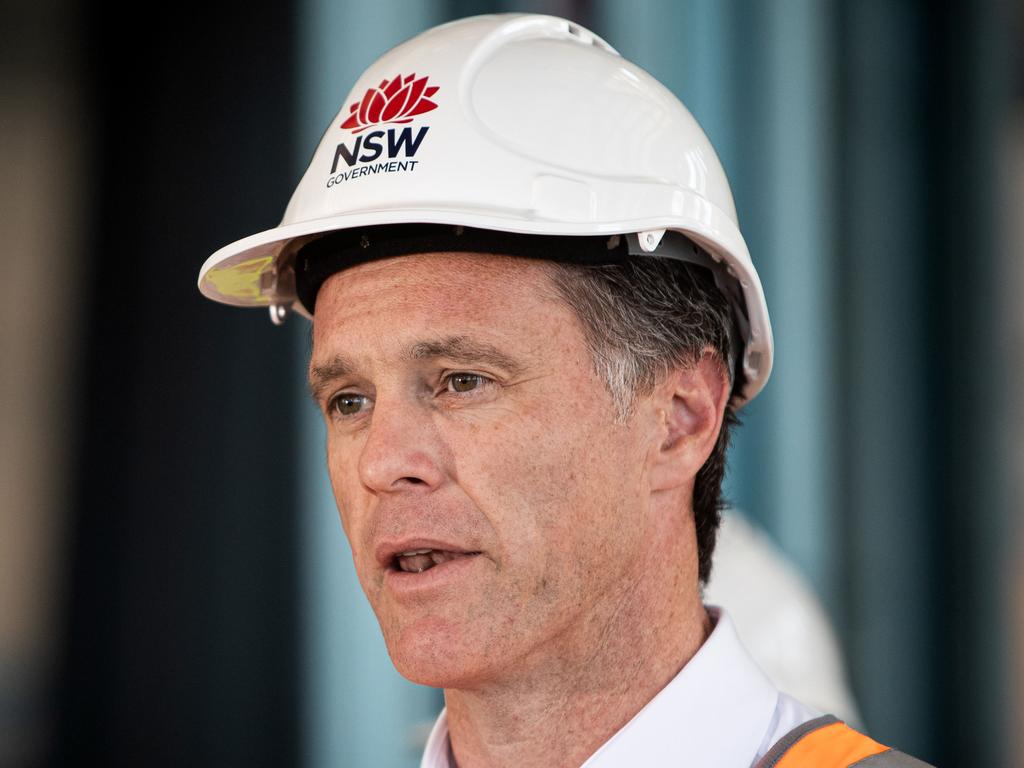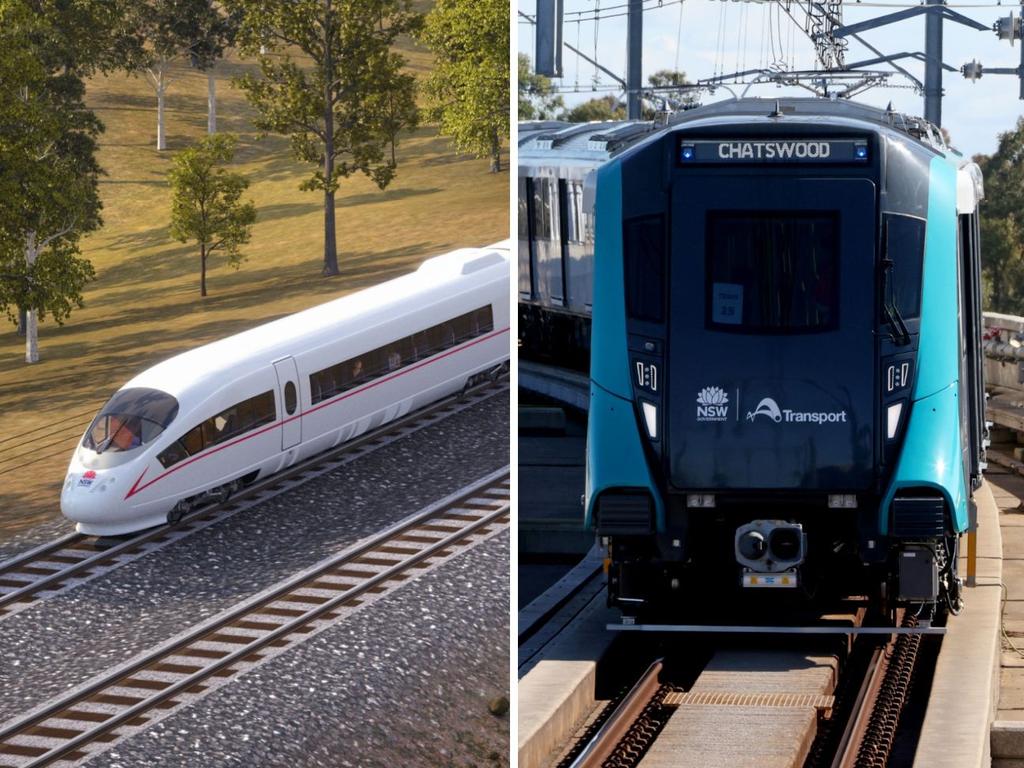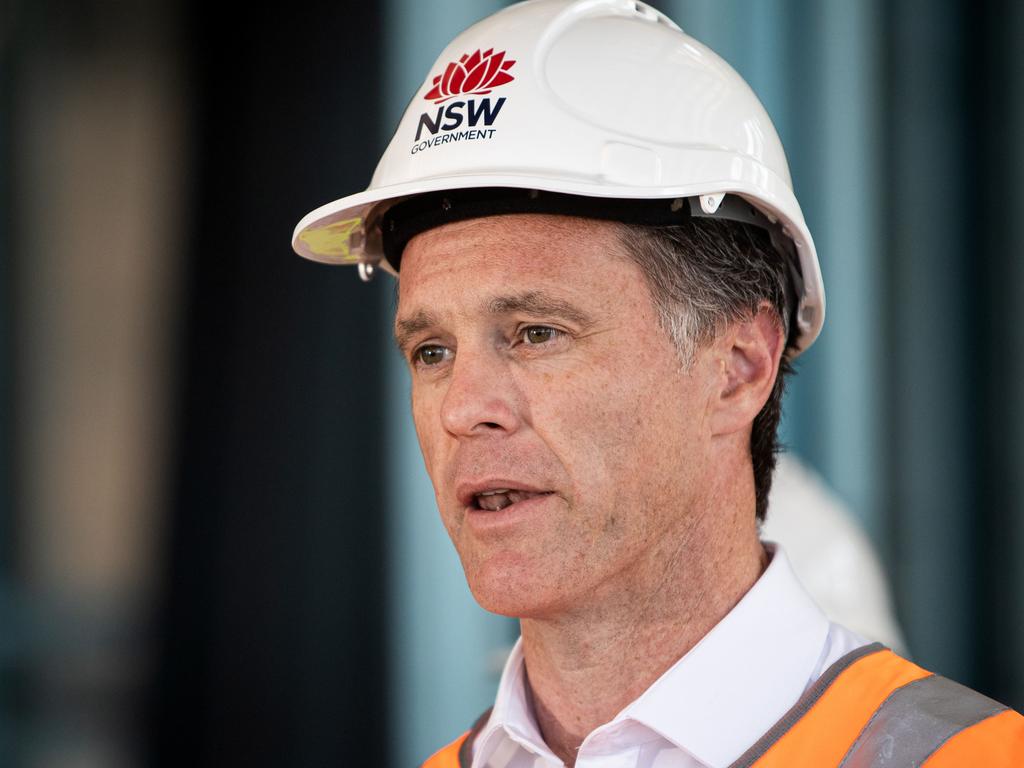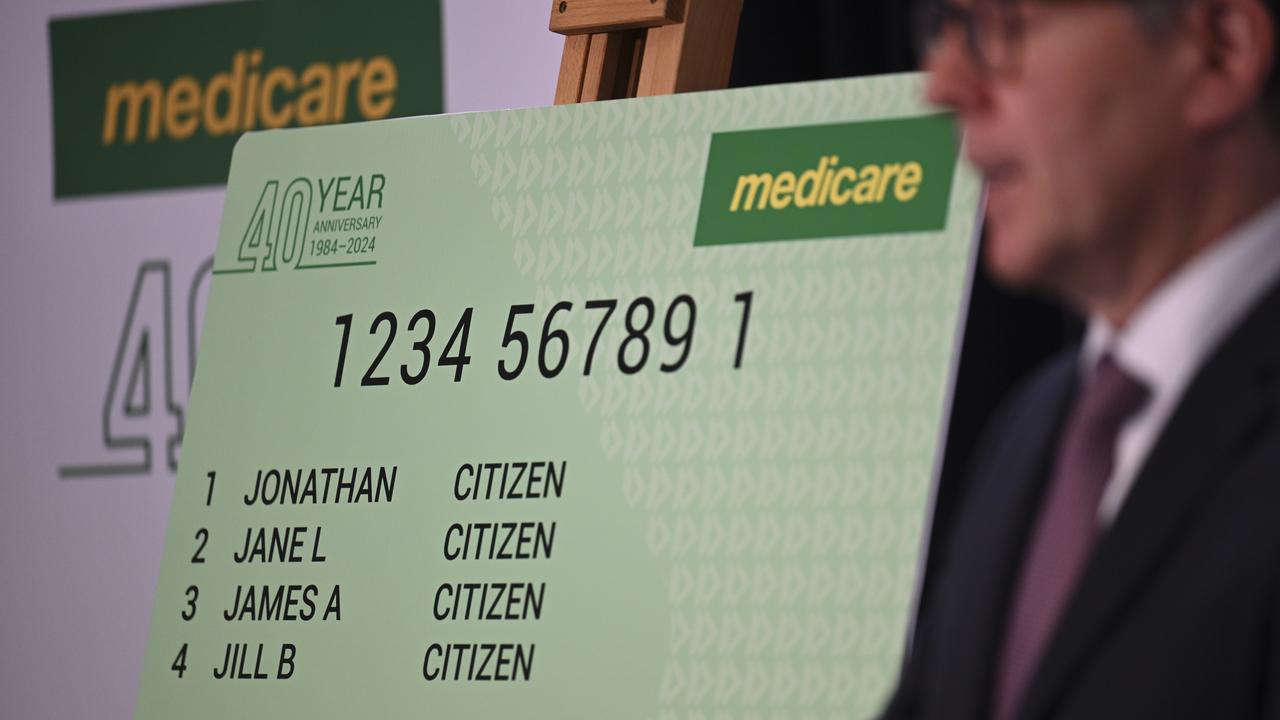NSW Liberal leader Mark Speakman takes aim at ‘broken promises budget’, offers counter housing vision
The NSW Opposition have offered an alternative vision to address the state’s housing crisis in response to Tuesday’s budget – one they described as a ‘budget of broken promises’.
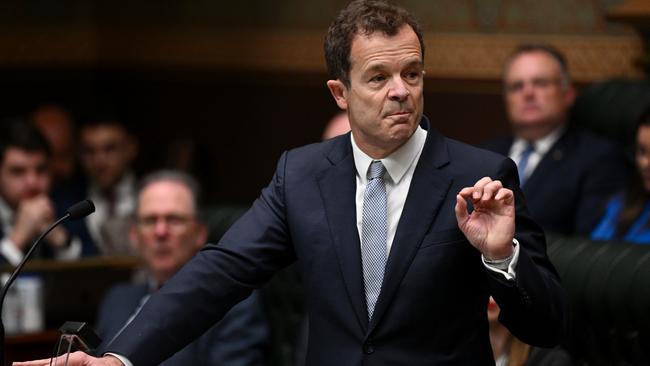
The NSW Opposition have offered an alternative vision to address the state’s housing crisis in their leader’s response to Tuesday’s state budget – one he described as a “budget of broken promises”.
NSW Liberal leader Mark Speakman accused the state government’s of “caving to its union mates” and “taking the state backwards” in a crescendo of messaging the opposition has aired since treasurer Daniel Mookhey revealed his first budget on Tuesday.
“The government said at the election that pay rises for their union mates would cost the taxpayer nothing,” Mr Speakman told the Legislative Assembly on Thursday, with upper-house-based Mr Mookhey in attendance.
“But they’ve still not identified a single productive improvement to offset those wage hikes.”
The Liberal leader also used his budget response to set out his party’s own vision for how to address the state’s housing crisis, labelling the government’s tentpole housing fund as “nothing new”, questioning whether it would ease supply constraints.
“The government has trumpeted a $2.2 billion housing and infrastructure plan – but let’s deconstruct that announcement,” Mr Speakman said.
“Its centrepiece is a $1.5bn housing-related infrastructure package, but that is a tax on new homes through the housing and productivity contribution – so the government’s leading solution for affordability is to tax new homes.”
Mr Speakman said the infrastructure to come out of that plan “isn’t tied to where building is occurring”.
“The contributions from a new house in Penrith could be paying for a bike path in Petersham, in Sydney’s inner city,” he said.
He also rubbished the idea that $300m in funding for public developer Landcom would boost supply, saying it would amount to only 88 affordable homes delivered a year, with less than 300 dwellings delivered in total each year.
Mr Speakman told the chamber that $14bn in tax revenue could be better put to use, including on stamp duty exemptions for empty nesters, which is projected on an expected increase in stamp duty and payroll tax over the next four years, contributing an extra $17.6 billion to the state’s coffers.
The NSW Liberal leader said a land tax option for first-home buyers would have been retained if they were in government, which would have established a $2 billion fund to “incentivise and to reward local communities which achieved their housing targets”.
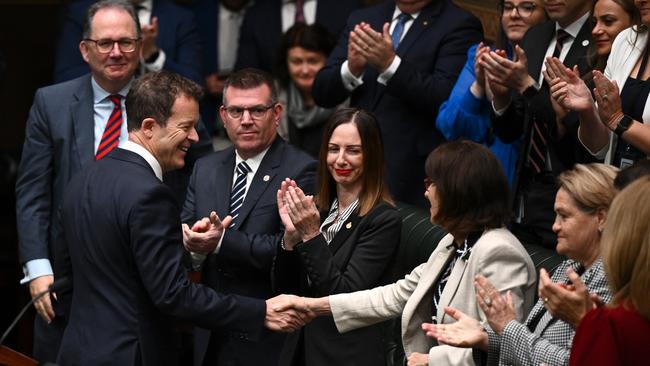
“Rather than telling communities to get out of the way, we would engage with local councils to review housing targets,” he said.
“This would provide a carrot that our communities need to support homes delivery.”
A stamp duty exemption to encourage older buyers to downsize – “to free up housing supply for young families” – was also suggested by Mr Speakman, “reducing affordability pressures by making more suitable homes available to meet the needs of younger families”.
Mr Mookhey, however, threw caution to the opposition’s own housing vision and critique of the government’s.
“What Mr Speakman is proposing is that those without a home get to pay land tax forever and those with a home get a tax cut,” the treasurer said.
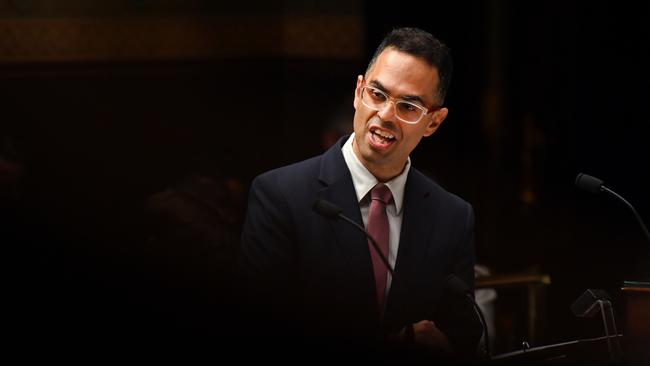
Mr Speakman also took aim at the well-peddled line this week from the Liberals: Labor had caved to union demands on wages, which would be unsustainable.
“They said at the election that pay rises for their union mates would cost the taxpayer nothing,” he said.
“But they’ve still not identified a single productive improvement to offset those wage hikes.”
Mr Speakman said the recent pay deal for teachers had “let the genie out of the bottle” and unions of all sectors would all demand the same, threatening the state’s bottom line and even its credit rating.
“Employee expenses are a key thing the government has to control and if you lose control of that you lose control of the budget,” he said.
“Moody’s have already begun to sound the alarm and there’s a prospect of a downgrade of the state’s triple-A rating.”


